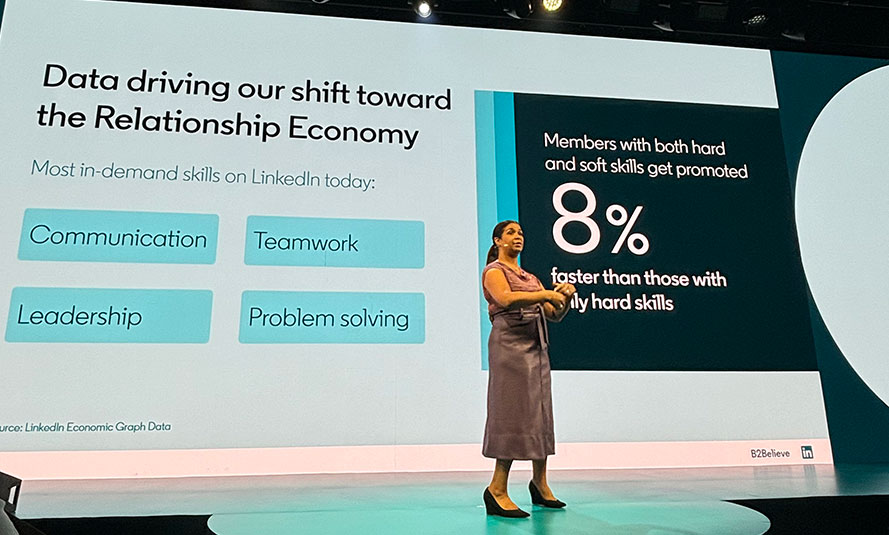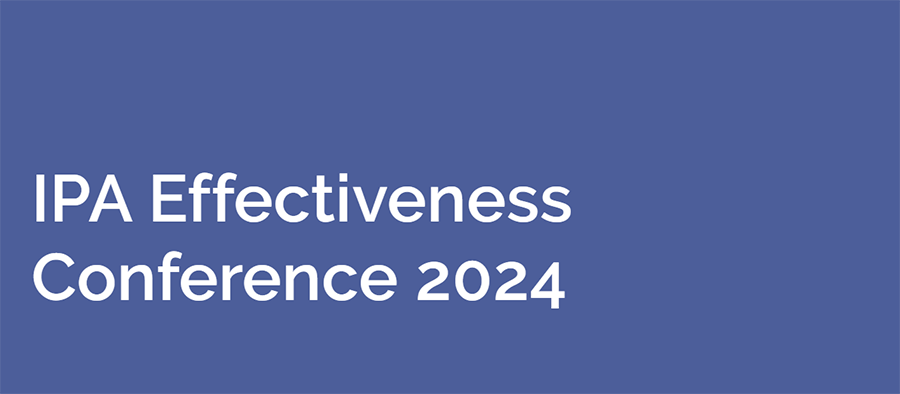Euro 2020 is finally underway, and the whole continent can relax into an long-overdue season of summer soccer madness. We look at how social media abuse turned the beautiful game ugly – and what responsible brands can do about it.
It’s been over a year since footballers throughout the Premier League have taken a knee before games to show solidarity with the Black Lives Matter movement. The gesture was first used by Colin Kaepernick nearly five years ago to highlight racial inequality in the US, and gained purchase farther afield in the wake of George Floyd’s tragic murder at police hands.
Taking the knee has become a point of contention online and in the stadiums, sparking tensions between those who use it as a way of raising awareness and pressure on institutional power – and those who claim such gestures have no place in sport.
The current storm has been developing since a small group of England fans decided to boo during the taking of a knee in Euro 2020 warm up games against Romania and Austria. It’s hard to ignore the simple fact that such public expressions of racism (what else can you call something that is anti-anti-racist?) have only recently made a return to the English game.
Or the other simple fact that social media is where these behaviours are shared and rehearsed before being dragged, knuckles and all, into real life.
Prior to fans’ recent return to the stadiums, the discourse around taking the knee had already become torrid. After matches, so-called fans all too readily take their frustrations and disappointments to social media. Criticism of black players’ performance frequently results in racial abuse on their posts.
Showing social the red card?
In response clubs, players and sites including Sky Sports joined a four-day social media boycott at the end of April. Whilst their absence was definitely noticeable, it has almost been forgotten just over a month on. Such is the way with social media amnesia.
Less than a month had passed when Manchester United lost the Europa League Final to Sevilla. Marcus Rashford MBE was inundated with “at least 70 racial slurs” after the match – one of which, somehow even more deplorably, was from a maths teacher with an open profile.
I’m more outraged that one of the abusers that left a mountain of monkey emojis in my DM is a maths teacher with an open profile. He teaches children!! And knows that he can freely racially abuse without consequence…
— Marcus Rashford MBE (@MarcusRashford) May 27, 2021
To name a few, Trent Alexander Arnold, Naby Keita, Sadio Mane, Tyrone Mings, Marcus Rashford and Raheem Sterling (within 48 hours of the social media boycott… yes, really!) have all experienced racial abuse across their social medias and you can’t help but think there are so so many more.
So if a co-ordinated boycott by social media’s biggest accounts isn’t the answer, what is?
Realistically, social media has morphed into something that we need more than it needs us. We connect through it, we advertise on it, we find exciting new things on it, we learn about our favourite people, we share our views with strangers and loved ones alike.
It is so ingrained in our lives, that a boycott total enough to make a difference, feels unthinkable. It would take almost everyone to boycott it for an indefinite amount of time to create enough pressure to make a change. Hitting the big platforms in their pockets, combined with other forms of sustained social pressure, feel like the best way to make them sit up and take notice.
Is VAR the answer?
Technological fixes might seem appealing but they come with their own complications. Twitter, Facebook et al could make users verify their social media accounts with an approved form of ID. But even having that in itself relies on certain privileges. Social media’s primary virtue has always been a level(-ish) playing field for forms of speech usually denied mainstream channels.
Fresh thinking is needed here. The major social platforms are beginning to feel like icebergs in the North Atlantic – you can’t meaningfully influence their path. But you can manoeuvre around them to minimise their harmfulness. This solution puts the responsibility on us – the brands and agencies whose advertising budgets make these platforms viable. We should be the ones kicking off here.
There is a lot we can do as their partners to make our thoughts heard. We should endeavour to mould the platforms we advertise on into spaces that are safe and regulated. We shouldn’t take future boycotts off the table. But tech fixes need to be in play too. That means, making our own third party safelists which identify and isolate toxic accounts from contention. We need to make social media safe for ourselves, for general users, and for brands whose ads shouldn’t appear alongside abuse. And yes, even for footballers and celebrities, whose heightened profile absolutely does not make them deserving targets.
Ultimately what we’re talking about is developing a level of credibility. We are showing the advertisers who fund social media that we are targeting actual people. That our advertising is really effective. That we’re not chasing bots or people who create accounts simply to abuse others.
One-nil
England’s 1-0 win over Croatia on Sunday sums up the sad reality. At the first whistle, while players kneeled in support of Black Lives Matter, a small group of fans booed. The majority’s applause and cheers quickly drowned them out. But everyone heard it.
Then, in the 57th minute two English players with Jamaican heritage combined to score what was the winning goal. Raheem Sterling was the man of the match and Kalvin Phillips is receiving plaudits around the world for his performance. Eagle-eyed social media sleuths claimed the group that booed the taking of the knee were celebrating loudest when Sterling scored.
But imagine if he had missed and Croatia had managed to score before full-time. Scrolling through the comments of Sterling’s recent posts, you will find ?????⚽, alongside many words of encouragement from his followers.
How different might this could have been if he’d missed his chance to score. Would there have been any way to protect him from the torrent of racial abuse he would have undoubtedly received? Until we come together to hold people accountable, this is a problem we’ll continue to fight.
Watch the Hope United Campaign here, it illustrates the damage that abuse on social media can have on mental health and why there needs to be more regulation and accountability within the space.
And if you want to talk to us about how we are tackling this issue in more detail, just get in touch.




